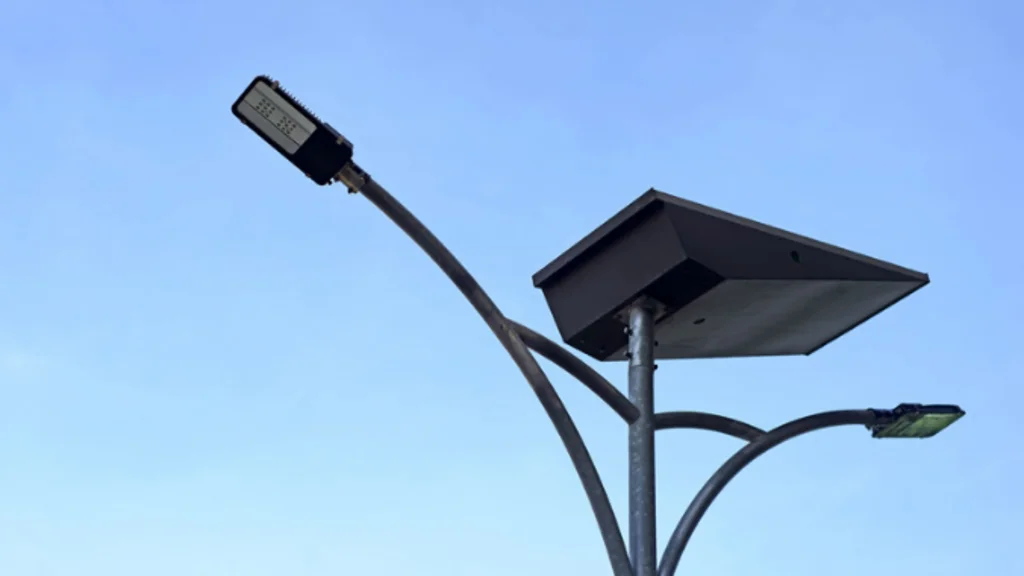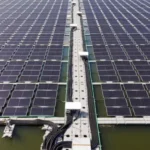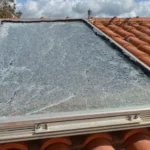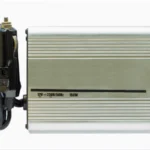Have you ever walked out onto your deck at night and thought, “It’s beautiful, but I wish it were safer and more inviting”? If so, you’re not alone. Many homeowners want to extend their living space outdoors, particularly during the spring and summer months. Solar deck post lights provide an easy, eco-conscious solution that delivers both ambiance and safety, without increasing your energy bill.
In this guide, we’ll explore how solar deck lights work, how to choose the right ones for your space, and how to maximize their performance, all backed by real-world insights and expert advice. Whether you’re upgrading your backyard for summer entertaining or just adding light to a shadowy walkway, you’ll find the answers you need here.
What Are Solar Deck Post Lights?
Solar post lights are lighting fixtures designed to sit atop deck posts, railings, or fences. Unlike traditional wired lights, they draw energy from the sun during the day and use that energy to illuminate your space at night. Most models come with built-in rechargeable batteries and light sensors, so they turn on automatically at dusk and off at dawn.
They’re popular not just for their ease of use, but also because they align with eco-conscious living. You don’t need wiring, timers, or even a nearby outlet. As long as there’s sun, you’re good to go.
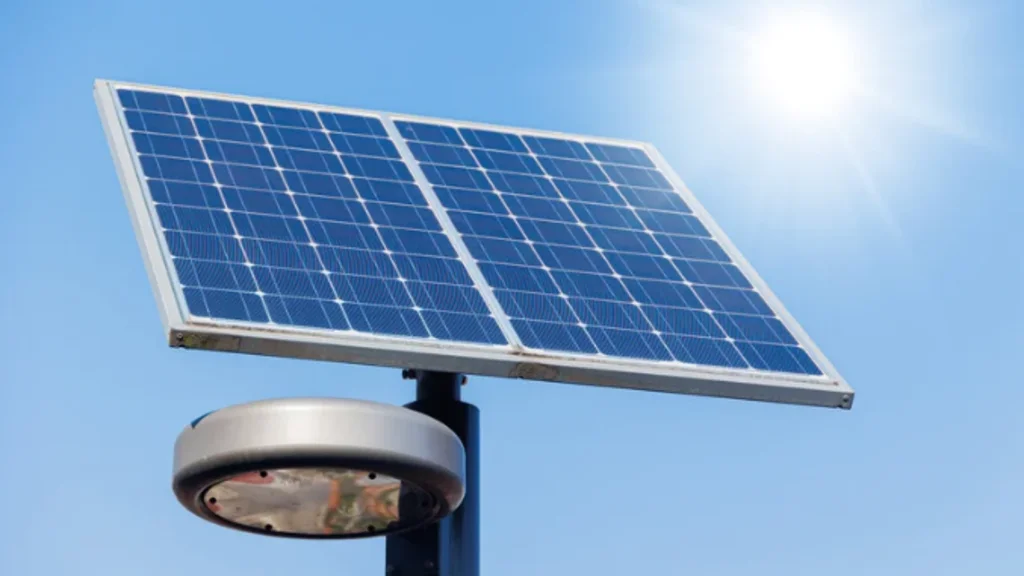
Why Choose Solar Deck Lights? (Benefits and Use Cases)
Whether you’re a homeowner, an Airbnb host, or a business owner with a rooftop deck, here are some compelling reasons to switch:
- No Energy Bill Increases: Since solar deck post lights run entirely on sunlight, they won’t increase your electricity costs.
- No Wiring Required: Installation is typically DIY-friendly—just place, screw in, and let the sun do the rest.
- Improved Safety: Lighting up stairs, corners, and perimeters helps prevent trips and falls.
- Enhanced Aesthetic Appeal: Warm or cool white tones provide cozy ambiance, making your outdoor space more inviting.
- Eco-Friendly: Reduce your carbon footprint without sacrificing style or function.
Real-World Tip:
One of our clients in suburban Illinois installed solar post lights around their pool deck after noticing how dark it got after sunset. Not only did the lights eliminate safety concerns, but they also became a topic of conversation at every backyard BBQ.
Types of Solar Deck Lights and How to Choose the Right One
There’s no one-size-fits-all. The best solar deck post light for you depends on your post size, aesthetic preferences, brightness needs, and regional climate.
1. Post Cap Lights
These sit directly on top of 4×4 or 6×6 wooden or vinyl posts, offering uniform lighting in all directions. They’re ideal for perimeters.
2. Side-Mount Lights
These attach to the sides of posts or rails and are great for step lighting or accent illumination.
3. Motion-Sensor Solar Lights
Perfect for entrances or dark corners, these only activate when someone approaches, conserving energy and increasing security.
4. Color-Changing Lights
Often used for aesthetic appeal or holiday décor. Many models let you switch between white and RGB color modes.
5. Low-Profile Recessed Lights
Ideal for stair treads or flush-mounted applications where you want light without bulk.
Expert Tip:
Look for IP65 or higher water resistance if you live in an area with heavy rain or snow. Also, consider lights with monocrystalline solar panels—they’re more efficient than polycrystalline ones, especially in partial sunlight.
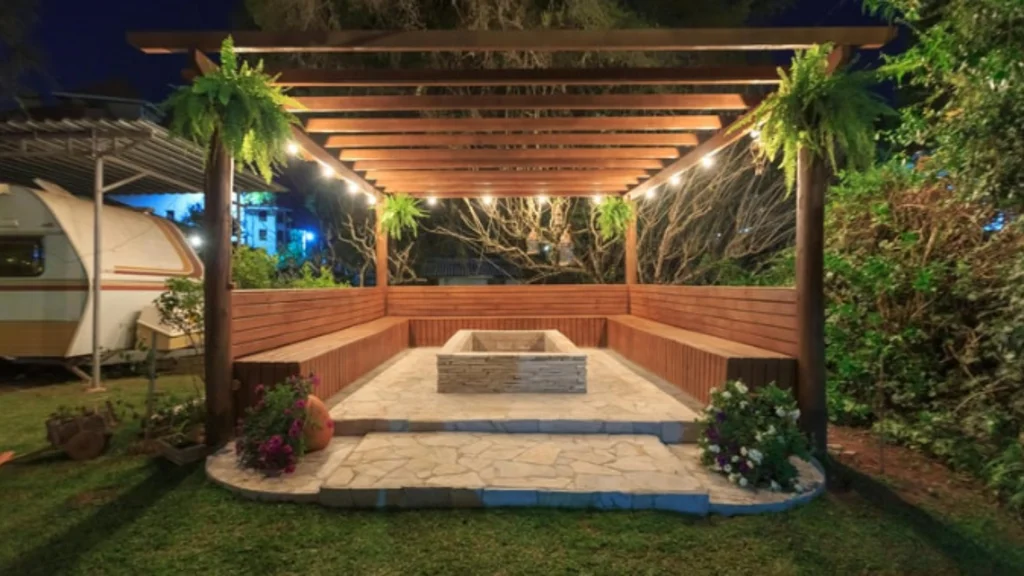
How Solar Post Lights Work
It’s surprisingly simple:
- Photovoltaic (PV) Cells on top of the light convert sunlight into electricity.
- This energy is stored in a rechargeable battery, usually lithium-ion or NiMH.
- At dusk, a photoresistor detects darkness and automatically turns on the LED lights.
- At dawn, the light switches off and the battery starts recharging.
Modern lights can offer 8–12 hours of illumination per night with just 6–8 hours of direct sunlight.
Installation Tips: Get the Most from Your Solar Lighting Setup
You don’t need to be an electrician to install solar deck post lights, but you do need to plan:
- Face the Panels South: This maximizes daily sun exposure.
- Avoid Shady Areas: Trees, walls, or roof overhangs can dramatically reduce performance.
- Test Placement Before Securing: Temporarily place your lights for a couple of days to evaluate performance.
- Charge for 24–48 Hours Pre-Use: Let your lights soak up the sun before their first night on duty.
Click here: solar panels cost.
Maintenance and Troubleshooting Guide
Even the best solar lights need occasional care. Here’s how to keep them glowing:
Regular Cleaning
Dust and debris can reduce panel efficiency by up to 20%, according to the National Renewable Energy Laboratory (NREL). Use a soft cloth and soapy water—avoid harsh cleaners.
Battery Replacement
Most lights last 2–3 years before the battery degrades. Replace batteries with the same type and capacity when output dims.
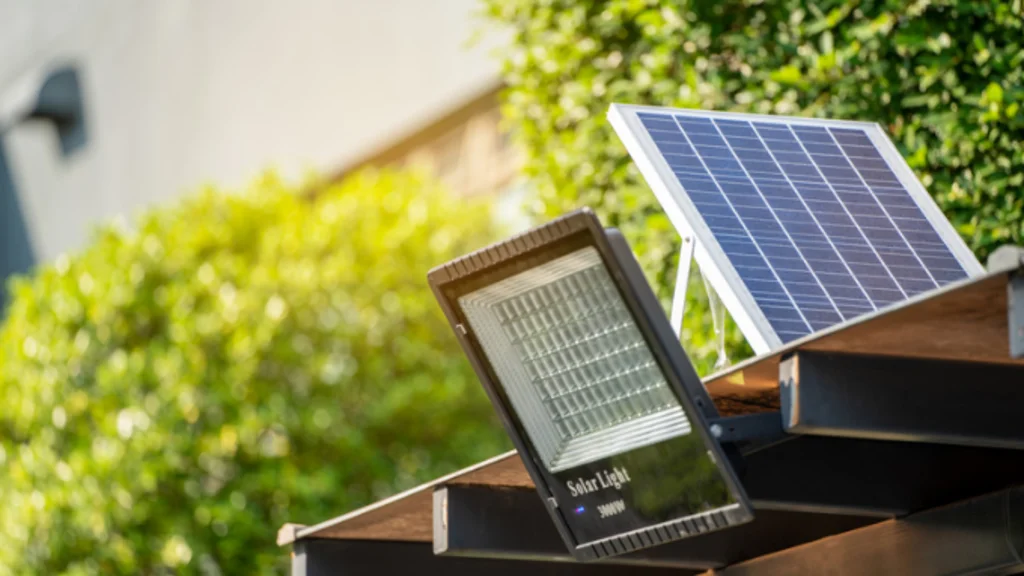
Common Issues and Fixes:
| Problem | Cause | Solution |
| Dim or no light | Dirty panel or dead battery | Clean panel and replace battery |
| Lights turn on during the day | Faulty photoresistor | Replace light unit |
| Light only lasts a few hours | Battery not fully charging | Reposition for better sun exposure |
Are Solar Deck Post Lights Worth It?
Especially if you want to improve outdoor lighting without increasing your power bill. A good set of 4–6 lights costs between $30 and $100, depending on quality and features. In contrast, installing wired lighting can cost several hundred dollars just in labor.
Plus, they’re low-maintenance, environmentally friendly, and can last several years with minimal upkeep.
Sustainability Impact and Long-Term Value
Unlike traditional lights that draw from the grid, solar lighting reduces emissions. If you replace just 10 wired post lights with solar versions, you could save up to 90 kWh annually, roughly equivalent to the monthly usage of an energy-efficient refrigerator.
Even better, many models are made with recyclable materials and packaged in eco-friendly boxes, adding another layer of sustainability.
Visit here: solar energy inverter.
Real-World Performance: What Users Are Saying
Homeowners and property managers across the U.S. are turning to solar lights for more than just lighting. Here are a few testimonials:
- Kathy M., Vermont: “We have tough winters, but the lights held up through snow and wind. They still charge well in spring.”
- Luis R., California: “I host outdoor dinners weekly. These lights give enough brightness without spoiling the atmosphere.”
- Mike D., Texas: “I installed motion-sensor ones for my fence line—feels safer, and I didn’t have to dig a single trench.
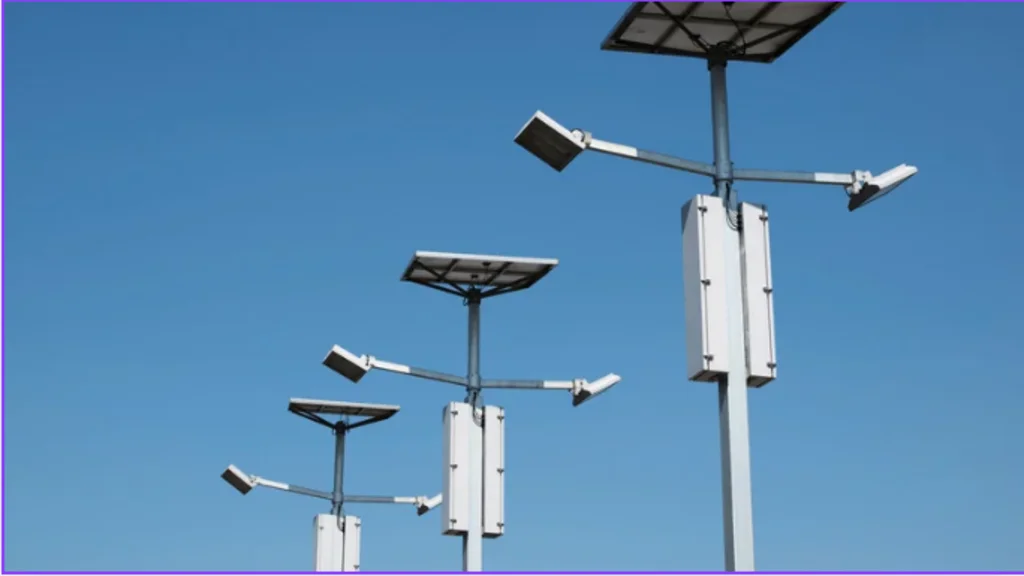
Final Thoughts: Should YouMake the Switch?
If you’re looking for a cost-effective, stylish, and sustainable lighting option, solar deck post lights are a smart upgrade. From ease of installation to eco-friendly performance, they offer excellent ROI and real-world benefits.
Whether you’re prepping your deck for summer nights, enhancing curb appeal, or just want to lower your energy use, these solar lights deliver.
If your current outdoor lighting setup is outdated, power-hungry, or simply not performing as expected, it’s time for a change. Explore the latest solar deck post light models from reputable manufacturers and compare their warranties, features, and brightness levels.
Want to get more out of your solar system? Schedule a quick inspection to ensure all components panels, batteries, and lights are working at peak efficiency. You might be losing power without even knowing it.
FAQs
How long do solar deck post lights last?
Most solar lights last between 2 to 5 years, depending on the build quality, battery type, and exposure to weather. The LED bulbs themselves can last over 10,000 hours, but the rechargeable battery, typically NiMH or lithium-ion, usually needs to be replaced every 2–3 years for optimal performance. Regular cleaning and exposure to direct sunlight can significantly extend their lifespan.
Are solar post lights worth it?
Yes, solar post lights are worth it for most homeowners and small business owners. They provide reliable, eco-friendly lighting without increasing your electricity bill or requiring complex wiring. The upfront cost is low compared to wired systems, and the ease of installation makes them an excellent DIY upgrade. Over time, the energy savings and minimal maintenance costs make them a smart investment for outdoor lighting.
Are solar deck lights any good?
Modern solar deck lights are much more efficient and reliable than early models. Advances in solar panel efficiency, battery capacity, and LED brightness mean today’s lights can provide 8–12 hours of illumination on a single charge. As long as they’re placed in a spot that receives sufficient sunlight, they perform well and are great for enhancing both safety and aesthetics.
Why are my solar deck post lights not working?
If your deck post lights aren’t working, the most common issues are:
- Dirty solar panels reduce charging efficiency
- Dead or degraded batteries that no longer hold a charge
- Obstructed sunlight, especially if installed near trees or under eaves
- Faulty sensors or photoresistors causing the light to stay off or turn on at the wrong time
Start by cleaning the panel, checking the battery, and testing placement in direct sunlight. If problems persist, it may be time to replace the unit.
Why do solar lights stop working?
Solar lights often stop working due to battery failure, dirty panels, or water damage. Other reasons include:
- Switch left in the “off” position
- Poor positioning, limiting sunlight exposure
- Sensor malfunction
- End-of-life battery (most batteries lose efficiency after 300–500 charge cycles)

